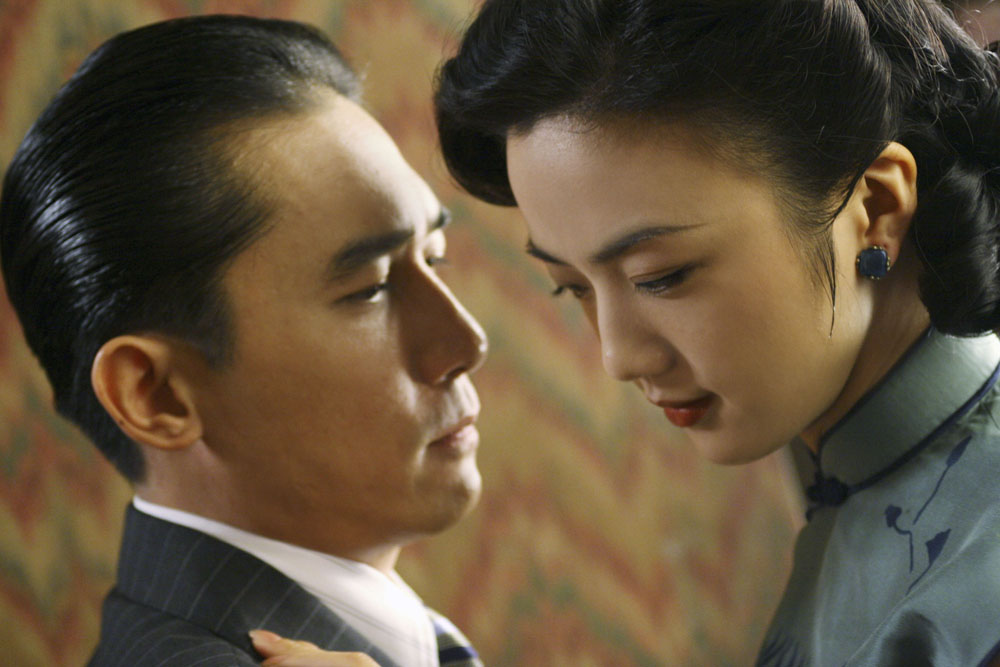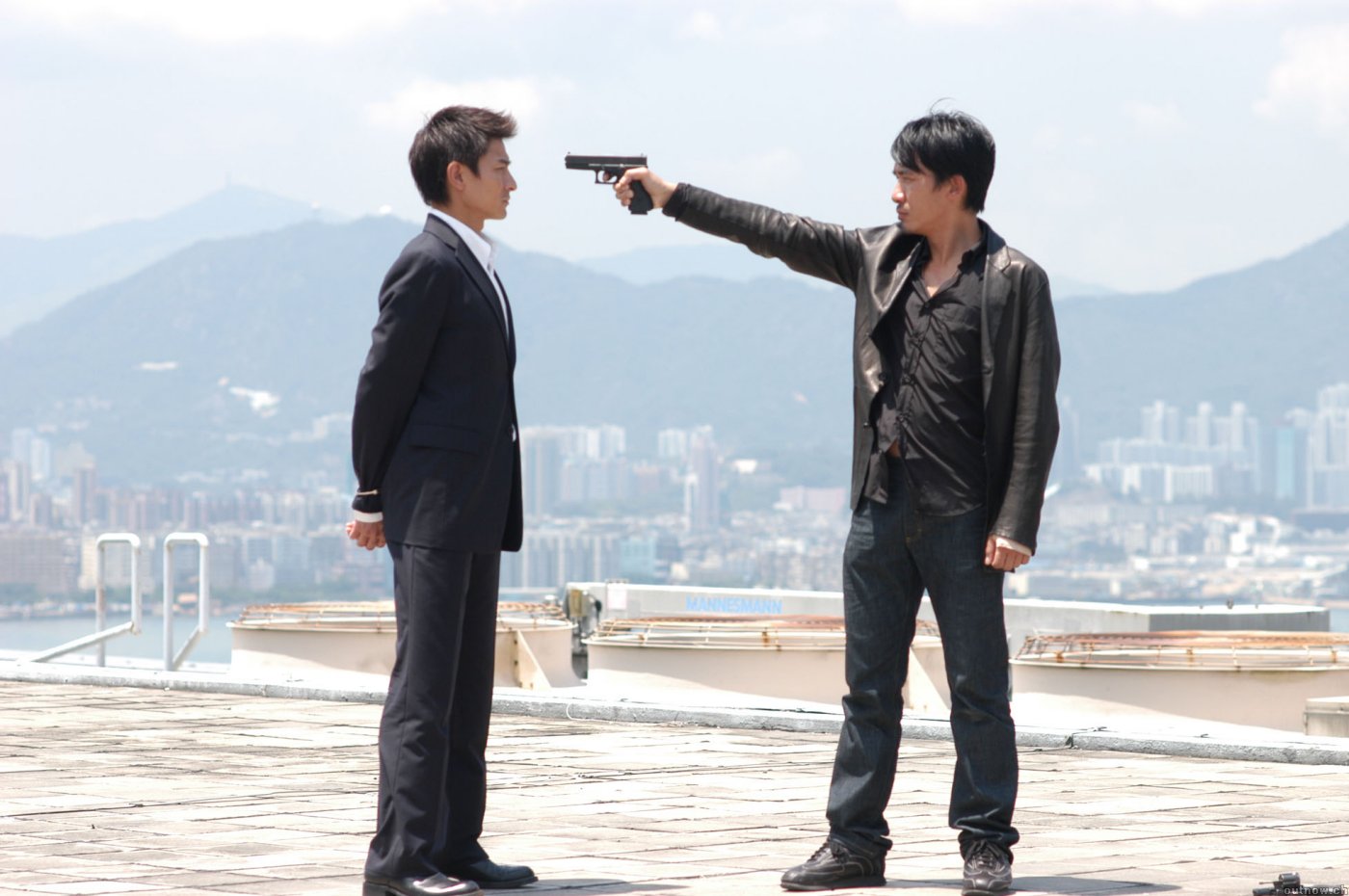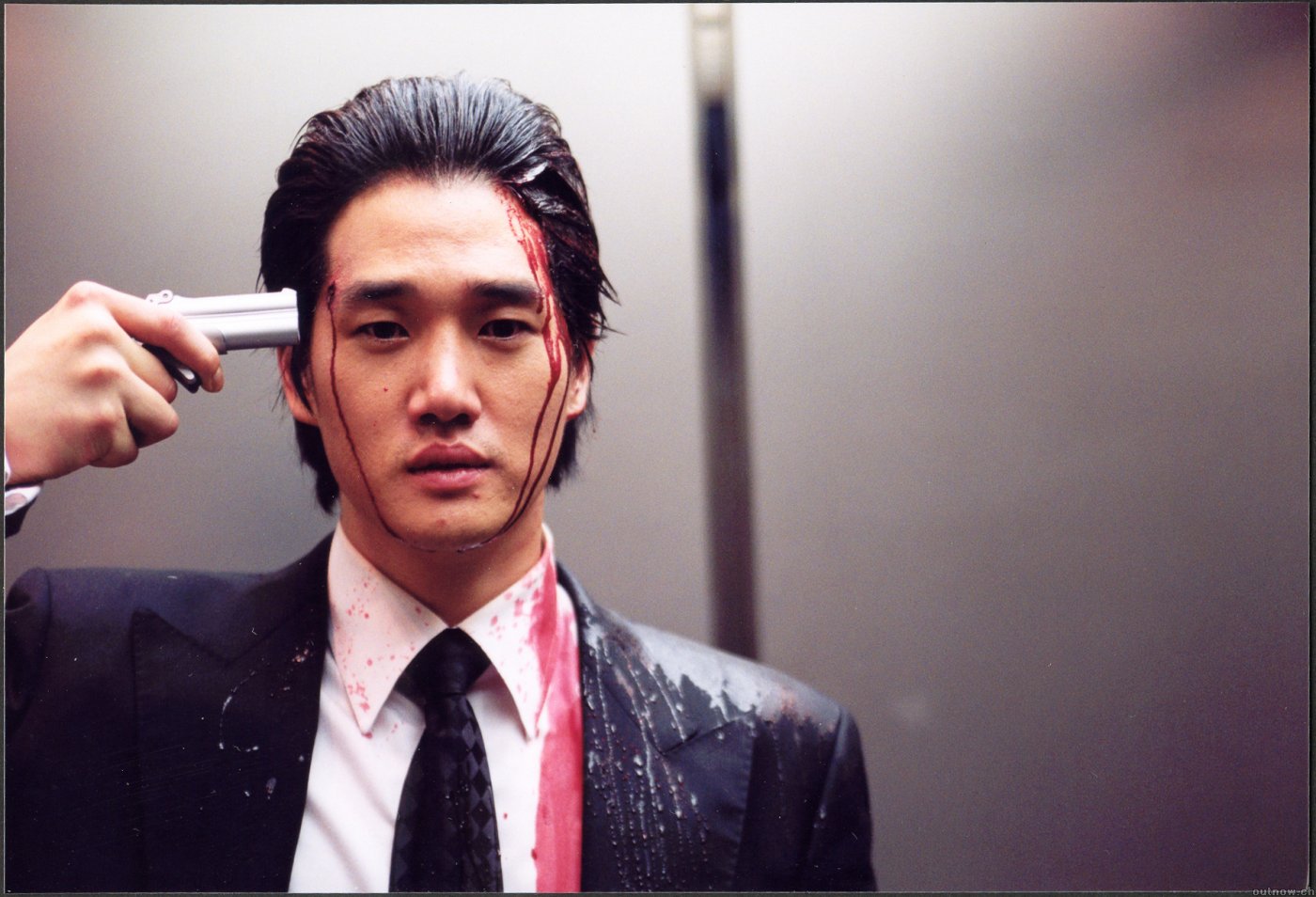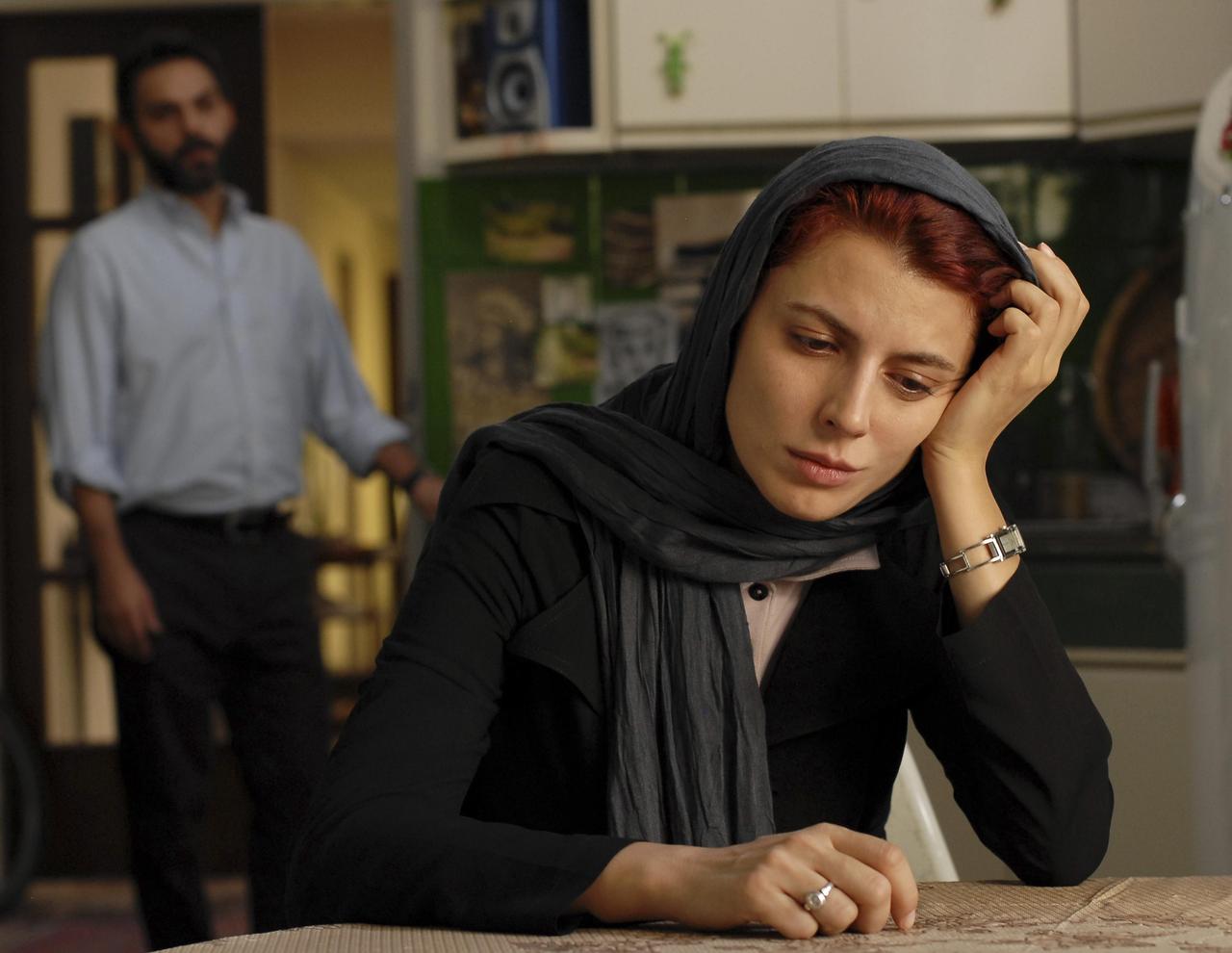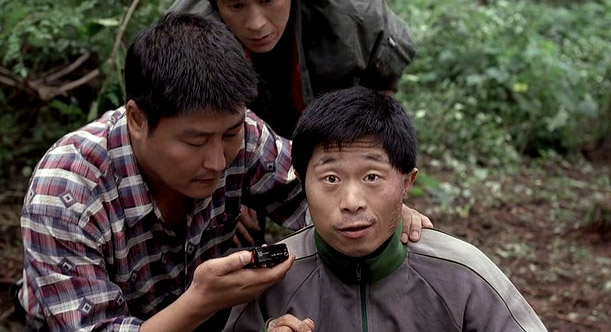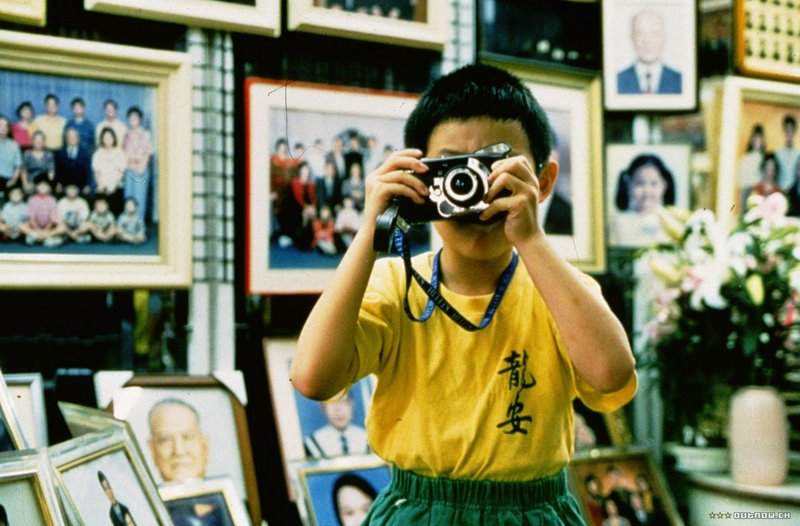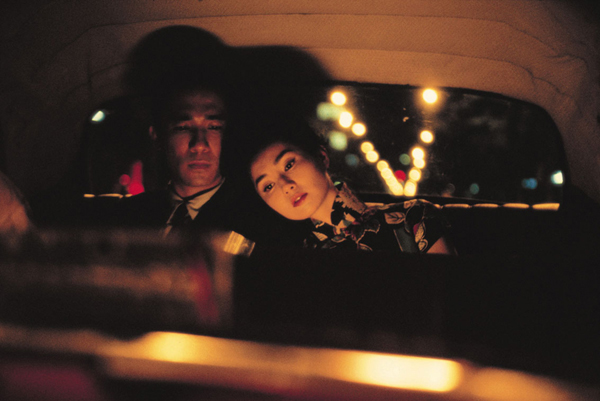10. The Handmaiden (2016, Park Chan-wook)
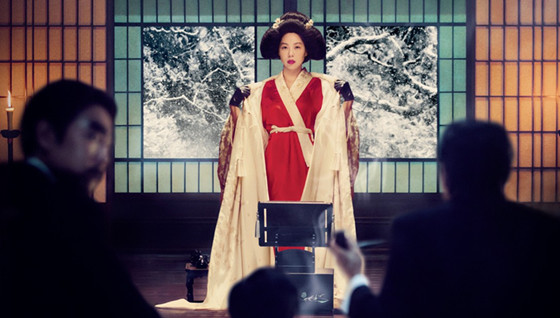
The script is based on the novel “Fingersmith” by Sarah Waters and takes place in Korea in the 1930s, with the country under Japanese rule. Con man “Count” Fujiwara has managed to insert himself into the very secluded circle of Kouzuki, an eccentric hedonist who has become the man in charge of a very large estate, and plans to marry his niece, Lady Hideko, the actual heiress of the family’s vast fortune.
Fujiwara devices an intricate plan to “steal” Lady Hideko for himself, and asks the help of a ragtag girl, Sook-hee, a petty criminal who lives with her aunt’s family, all of whom are of the same “profession”. The plan is for the girl to become Lady Hideko’s handmaiden, and to help Fujiwara seduce her. However, things do not go as planned, since an attraction is formed between the two girls, and the many plot twists result in a highly unexpected story.
Park stayed close to the structure of the book, which is split into three segments, with the first and the third telling the story from Sook-hee’s perspective, and the second one from Lady Hideko’s. In that fashion, he used strong narration, which is presented as the thoughts of the person that tells the story each time, and actually helps in understanding the script. He refrained from his usual slow pace, directing a film that moves quite fast, as the events unfold very quickly and continuously.
However, his usual traits are once more present. The characters act like caricatures, as exemplified by Sook-hee and particularly Kouzuki, in a perverse style. His irony, exemplified by the fact that the house combines Japanese with European-style architecture in a hideous manufacture that mocks the fact that rich people can do whatever they have in their minds, shows that they don’t necessarily have taste.
His dark and grotesque humor is exemplified in a torture scene where the victim seems to even indulge in his maiming. The abnormal eroticism is exemplified in the concept of the underground erotic literature club.
9. The Wailing (Na Hong-jin, 2016)
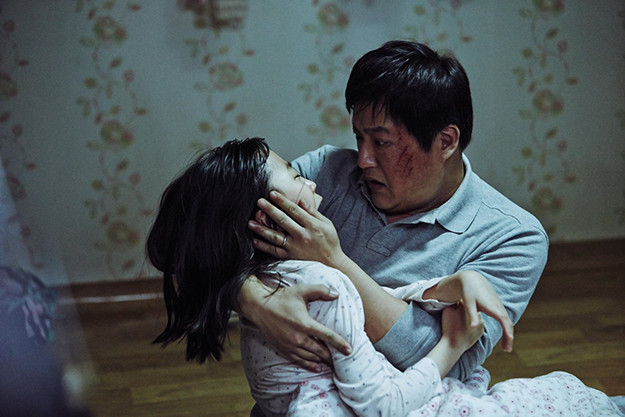
In a seemingly peaceful village, a kind of epidemic suddenly breaks out, with people losing their minds and attacking their relatives, and with their skin suffering from a hideous infection. Their attacks have resulted in violent deaths, and the local police seem unable to deal with the case, eventually concluding that poisonous mushrooms are causing this behavior.
Among them is officer Jong-goo, who hears a rumor about a Japanese man living on top of a nearby hill being the actual perpetrator, a suspicion that becomes stronger after a strange young woman, Moo-myeong, confirms this fact. Eventually, he tracks down the man’s house and comes across a series of truly horrific spectacles.
Being kind of a coward himself, he tries to avoid the situation as much as possible, but when his little daughter, Hyo-jin, comes down with similar symptoms, Jong-doo is willing to go to extremes to save her. Meanwhile, his mother-in-law invites Il-gwang, a shaman, to perform an exorcism on the girl while a deacon named Yang Yi-sam is also involved as a Japanese translator for the police.
Na directs and pens an agonizing thriller, building the tension gradually as the story progresses, until the utterly shocking finale, which is probably the film’s greatest sequence. He incorporates a plethora of favorite horror elements and notions, including zombies, vampires, demons and exorcists, although the only one majorly implemented is the latter, with the rest mostly existing to create an atmosphere of supernatural horror.
The cast is another point of excellence, with Kwak Do-won giving a wonderful performance as Jong-goo, an easily intimidated police officer who transforms into a relentless hunter for the sake of his daughter. Kwak has been mostly cast in secondary roles throughout his career, and he proves in this film that he is made of protagonist material. Hwang Jung-min is great as usual as Il-gwang, in his path of becoming the next Song Kang-ho.
The one who truly steals the show, however, is Jun Kunimura as the mysterious Japanese man, whose acting and physique make him the perfect choice for the particular role, as he constantly exhibits a subtle but obvious threat, despite the fact that he does not speak very much.
8. Love Exposure (Sion Sono, 2008, Japan)
This 4-hour cult epic is the most internationally celebrated movie in the filmography of this prolific director.
The film revolves around a number of preposterous characters and notions. A fanatic priest forces his son to confess daily. The son, unable to satisfy his father’s need for sin, proceeds to become a public underskirt photographer, before he falls in love with a girl who hates men and whose stepmother is about to marry the aforementioned priest. Lastly, there is also a woman who targets the family in order to proselytize them into her cult.
Sono incorporates elements of religion, fanaticism, destiny, martial arts, love and homosexuality and blends them with his unique sense of slapstick humor, thus resulting in an absurd yet meaningful film.
7. Lust / Caution (Ang Lee, 2007, Taiwan – China)
During the Japanese occupation in China, young Wong Chia Chi joins a theatrical troupe whose members are all nationalists. Eventually, their members decide to join the Resistance and set their eyes on a pro-Japanese Mr. Yee, who recently became the head of the secret police. Chi’s mission is to seduce him and lure him into a trap so the rest of the team can assassinate him.
Ang Lee directs a movie regarding the thin balance between lust and caution; however, lust shutters this balance by obliterating caution. The path that leads to this fact is shot in great finesse and intelligence that keeps the audience in overwhelming doubt without even having to emphasize on the agony. This sentiment is chiefly represented by the sublime performance of Wei Tang as Wong, whose enigmatic facade gives no notion of her actual choice, up until the conclusion of the film.
Tony Leung is excellent in the role of the smooth, attractive and cruel Mr. Yee, in a film that also excels due to its exquisite and lengthy erotic scenes.
6. Infernal Affairs (Wai Keung Lau, 2002, Hong Kong)
Chen Wing Yang is an undercover agent who has been chosen since his days in the police academy to infiltrate the crime world, particularly the gang of the notorious Sam. The sole individual who knows his actual identity is chief Wong. On the other hand, Sam has chosen Detective Lau Kin Ming to act accordingly inside the police force. While Sam prepares for a large operation, the two moles come face to face, realizing each other’s role. Unavoidably, one of them has to die.
Lau directs a sublime urban noir thriller that retains the agony throughout its duration. Scenes such as the one involving Sam’s first meeting with the Thais are among the greatest ever shot in the genre, both technically and artistically, with every minute soaring with anguish.
Though the director may refer to the eternal battle between good and evil, he presents it in a unique fashion, mainly due to the nature of its protagonists, who have to constantly appear as something else than what they actually are, amongst terrifying pressure by their superiors to deliver. Furthermore, the action scenes are exquisite and the plot twists almost constant.
“Infernal Affairs” incorporates the crème de la crème of Hong Kong action cinema, including Tony Leung, Andy Law, Anthony Wong and Eric Tsang, in a movie that spawned two sequels and the remake mentioned in the prologue.
5. Oldboy (Park Chan Wook, 2003, S. Korea)
This second installment of Park Chan Wook’s trilogy regarding revenge is undoubtedly the film that turned the global interest toward Korean cinema.
Based on the homonymous Japanese manga, the film focuses on Dae Su, a content family man, who, for no apparent reason, is abducted and forced to live in the same room for 15 years. When he is unexpectedly released, he is set on extracting revenge, although the sole evidence in his possession is the fact that he must accomplish this revenge in five days.
Although “Oldboy” has revenge as its central theme, Park directs a movie with an actual goal of presenting another dimension, one that leads to repentance. The humiliation and ensuing catharsis are the primary concepts, and revenge, which creates chain reactions of growing hatred, is solely an element of the set.
“Oldboy” has a plethora of stylized violent scenes, sublime acting, (mainly by Choi Min Shik, who plays Dae Su), and equally competent directing, in one of the masterpieces of the global cinema. The film won the Grand Prize of the Jury at the Cannes Film Festival, among a number of additional local and international awards.
4. A Separation (Asghar Faradi, 2011, Iran)
“A Separation” is one of the most successful films on this list, winning 76 awards from festivals around the world, including the Oscar and the Golden Globe for Best Foreign Language Film of the Year.
Simin wants her family to move to the West, mainly in order for her daughter, Termeh to have a better future. However, her husband, Nader, disagrees and Simin asks for a divorce and custody of Termeh. Furthermore, after the family court judges that their problems are not significant enough to warrant divorce, Simin leaves and moves to her parents’ house. Additionally, she recommends that Nader hire the religious Razieh to tend to his father, who suffers from Alzheimer’s disease. Her presence will complicate the situation in a terrible manner.
Asghar Faradi deals with issues of honor, social correctitude, touchiness, social justice and religious obedience that torment the citizens of a largely theocratic country. His protagonists live each day trying to shape their lives according to the teachings of their religion, a practice proven significantly difficult, since they must sacrifice their personal freedom frequently to act accordingly.
Peyman Moaadi is imposing in the role of Nader, a tragic character who becomes enveloped in a web of social contests and lies that ruin his life and his image, particularly in the eyes of his own daughter.
3. Memories of Murder (Bong Joon Ho , 2003, South Korea)
Based on an actual, unsolved case, the film begins in 1986, when the body of a raped woman is discovered in a gulley alongside a field and a second one is discovered shortly after. The two local detectives in charge of the case, Doo Man Park and Yong Koo Cho, are obviously in over their heads, since it is the first time incidents of that magnitude have occurred in the area.
The rest of the local police department is also equally incompetent, since the officers that arrive at the crime scene cannot even prevent the citizens from stepping into the crime scene until the arrival of the coroner, a fact that ruins any possible evidence.
Detective Tae Yoon arrives from Seoul to assist them and subsequently proceeds to eliminate the accusations of two individuals that the local police officers have forced to confess. Furthermore, he discovers a clue that no one has noticed up to that point. Their combined investigation remains fruitless for a long time, while the local society grows restless due to the local detectives’ tactics.
Bong Joon Ho directed and wrote the script sublimely, mostly focusing on portraying the facts as accurately as possible. Equally excellent is the depiction of the antithesis between the local simpletons and the “intellectual” from Seoul who is presented with intense humor, without depriving the film of its seriousness. Additionally, the rendering of this particular troublesome era in Korean history is also utterly competent.
Song Kang Ho gives another distinguished performance as Park, and Kim Sang Kyung excellently plays a character that is detached in the beginning, but ends up even worse than his local colleagues due to his continuous despair.
2. Yi Yi (Edward Yang, 2000, Taiwan)
The script revolves around a big bourgeoisie family in Taipei. The middle-aged father, NJ, is tormented by a plethora of issues. During his brother-in-law A Di’s wedding, he reacquaints with Sherry, a former affair of his, who he abandoned without a warning. Furthermore, his mother is in a coma and his spouse, tortured by a psychological crisis, leaves their home and attends a monastery. At work, he has a number of issues with his partners, who aspire to reform the company radically and at the same time do not seem to appreciate him at all. Lastly, his brother owes him a large sum of money due to continuous failed investments.
His adolescent daughter, Ting Ting, gets romantically involved with the ex-boyfriend of her neighbor, who happens to be one of her closest friends, thus resulting in experiencing the sad side of love.
Finally, his son Yang Yang has trouble in school with his teacher and a number of his female classmates, while struggling at the same time to understand the world and the people in it.
Edward Yang wrote and directed sublimely, both in terms of the script’s development and in terms of the characters’ analysis. His disposition toward philosophy is evident throughout the film and is chiefly demonstrated through Yang Yang’s queries. Furthermore, he presents a clear message regarding the need for individuals to simply sit and contemplate at regular points in their life. He mostly demonstrates that through his characters’ issues and the way they manage to solve them.
“Yi Yi” was screened in a number of festivals around the world, winning a plethora of awards, including the one for Best Director at the Cannes Film Festival.
1. In the Mood for Love (Wong Kar Wai, 2000, Hong Kong)
In 1962 Hong Kong, in a building with rented rooms, Chow and his neighbor, Su discover that their spouses, who are frequently absent supposedly due to professional reasons, are having an affair with each other. This particular discovery brings them very close as they try to understand what drove their significant others to adultery.
Wong Kar Wai directs a movie about two lonely individuals that experience solitude inside their marriage. Their resolution toward their discovery is to attempt to do the same, in an atypical and hurtful effort at reenactment. Although they have sworn not to be led to the same situation, they are both hurt and feel the need to comfort each other. However, everything seems to be against them; the gossip and reprimands from their proprietor and even their own selves as they seem to be drowning in guilt.
Furthermore, he focuses almost exclusively on his two protagonists, with the rest of the characters being just shadows. Both Tony Leung and Maggie Cheung deliver in an astonishing fashion in this lyrical ode to unfulfilled passion.
Author Bio: Panos Kotzathanasis is a film critic who focuses on the cinema of East Asia. He enjoys films from all genres, although he is a big fan of exploitation. You can follow him on Facebook or Twitter.

